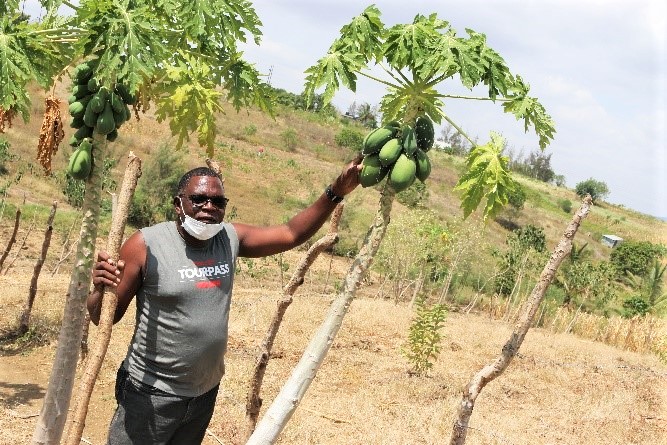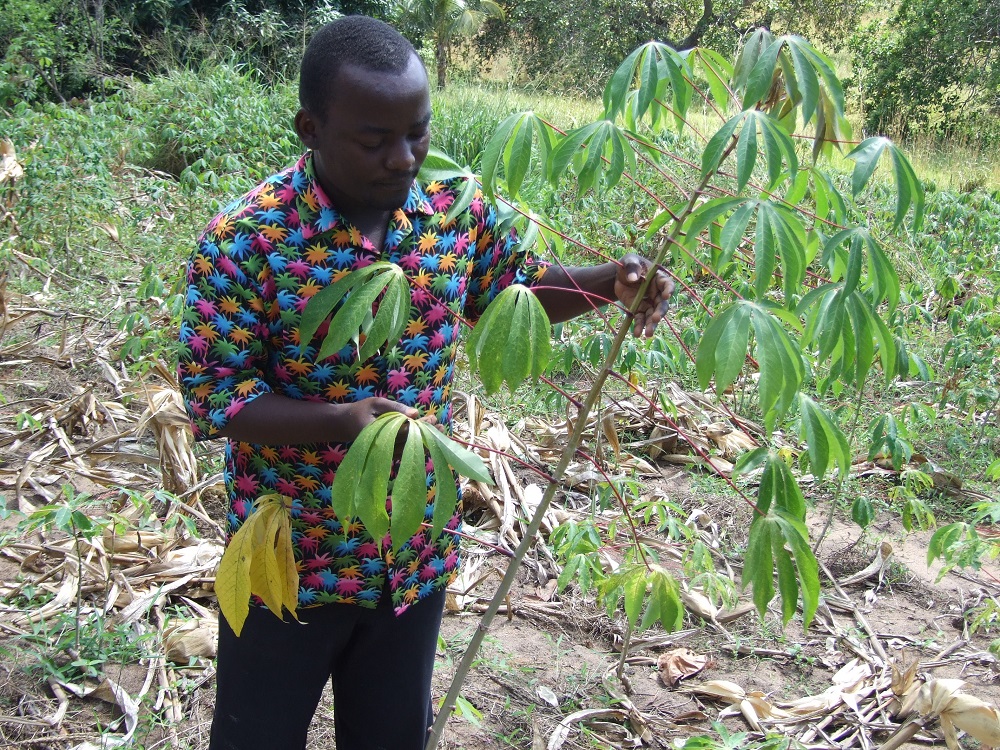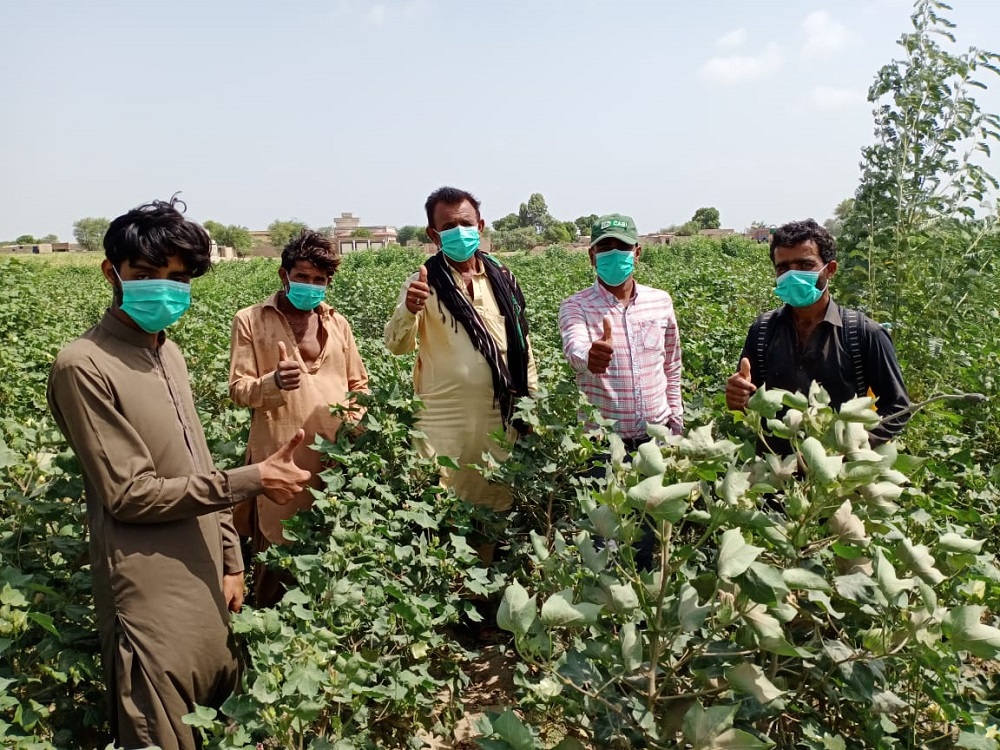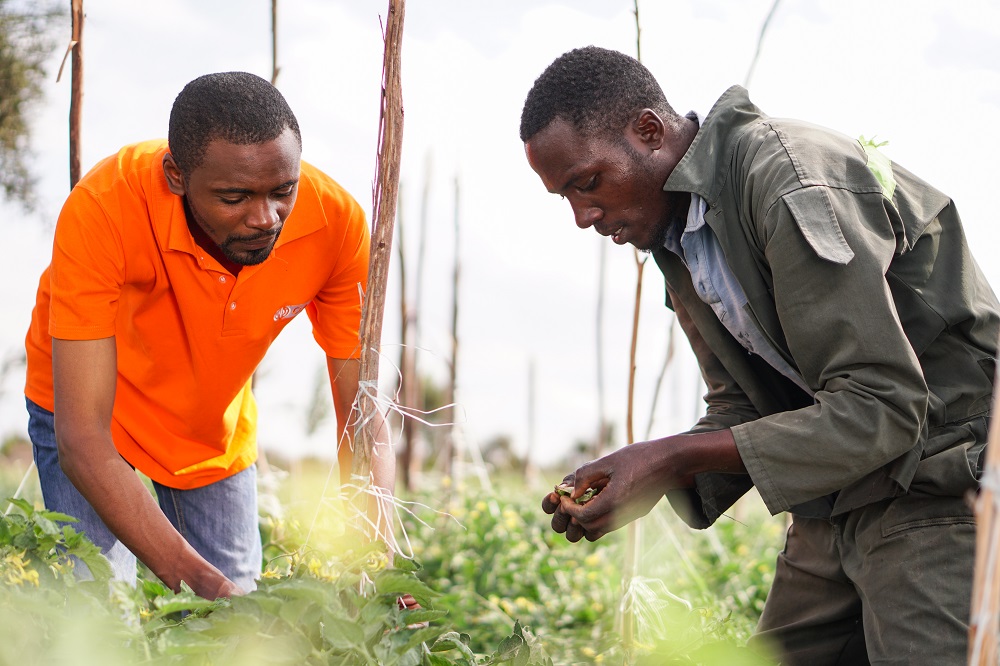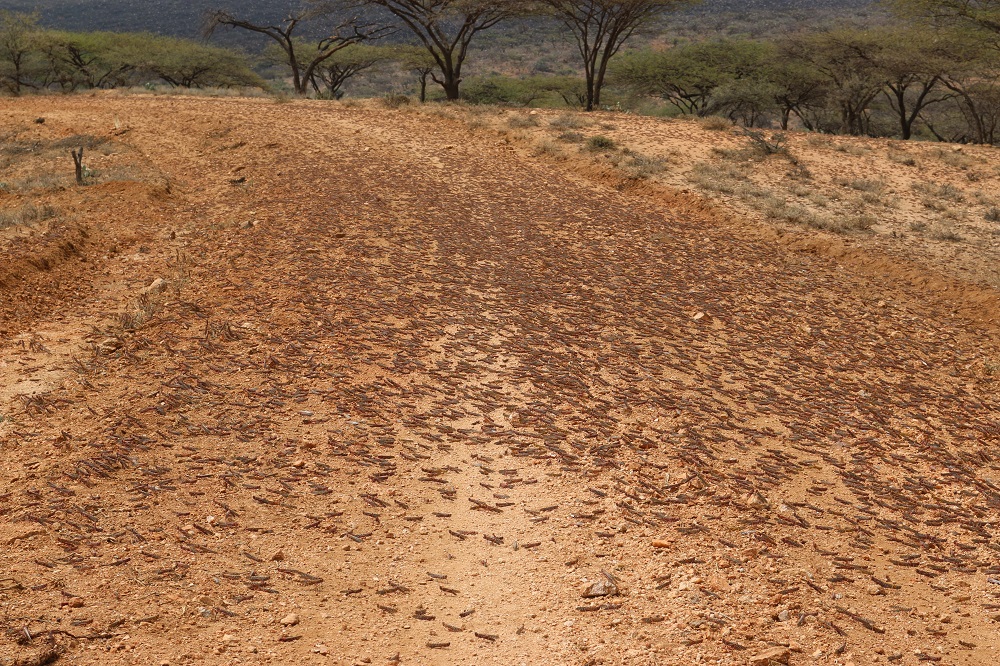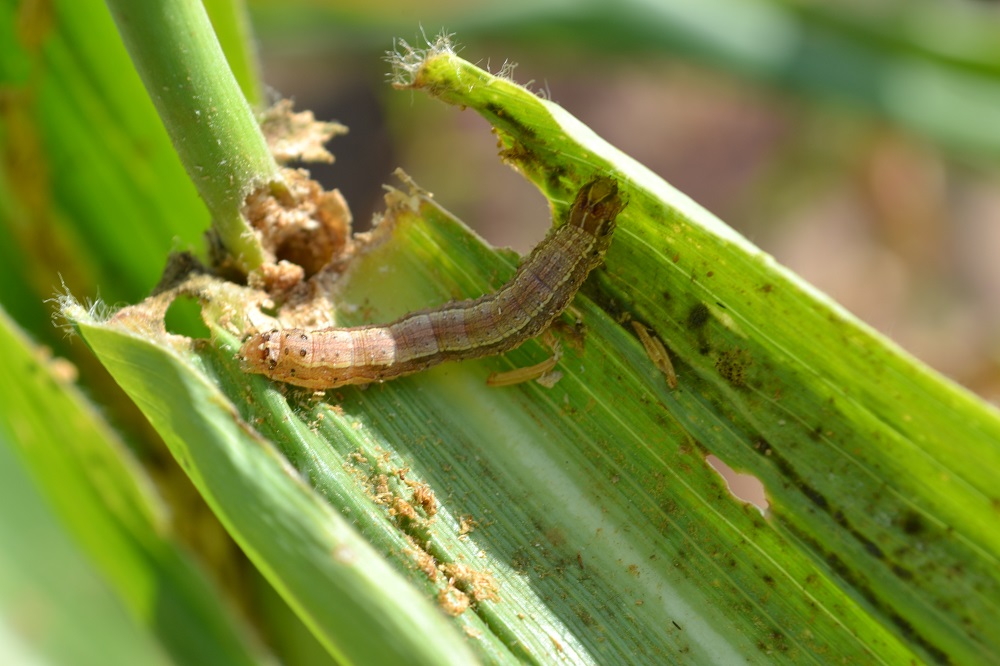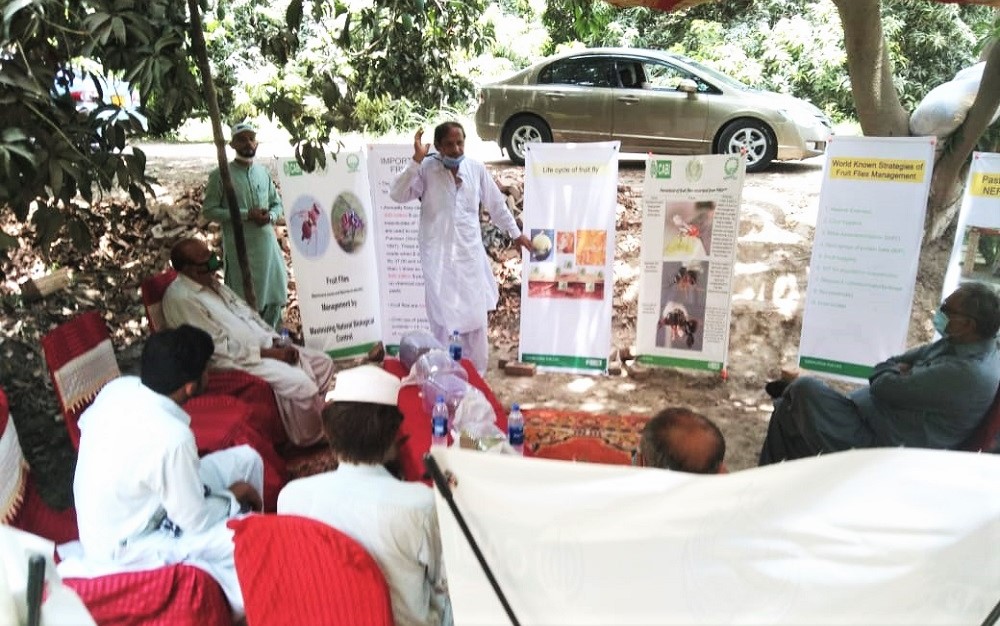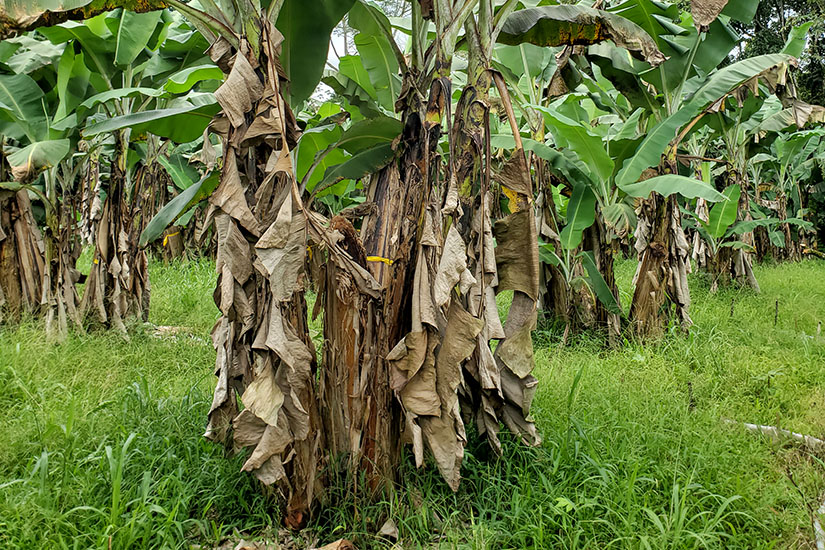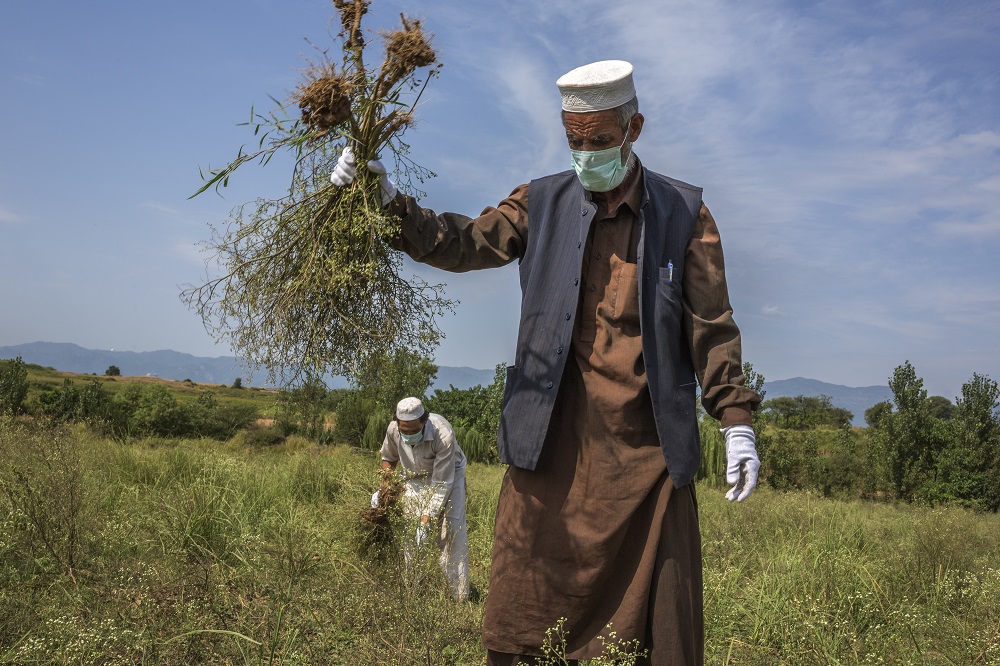Invasives Blog
You are here: Invasives Blog
Low hanging fruits? Papaya mealybug in Kenya and search for a biological solution
November 23, 2021
Fernadis Makale
1 comment
Campaign to tackle Cassava Brown Streak Disease in Zambia takes hold after workshop
November 22, 2021
Wayne Coles
2 comments
Saying “no” to harmful chemicals in cotton crop production
November 17, 2021
Hameem Mustafa, Noor Nabi Bhutto, Umair Asghar Solangi
2 comments
Tolerance and range of Tuta absoluta may have been underestimated, study suggests
November 3, 2021
Wayne Coles
No Comments
Is the great ‘homogynene’ on the horizon?
October 29, 2021
Wayne Coles
1 comment
Webinar series focuses on desert locusts
October 1, 2021
Wayne Coles
No Comments
Fall armyworm: CABI contributes to integrated pest management guide
September 29, 2021
Wayne Coles
No Comments
Spotlight on farmers’ training programme and release of fruit fly parasitoids in Pakistan
September 27, 2021
Abdul Aziz, Ashfaque Ali Dhaunroo, Babar Zaman, Riaz Mahmood
No Comments
CABI highlights top 20 crop pests and diseases for possible prioritization in the Eastern Caribbean
September 20, 2021
Wayne Coles
No Comments
Hyperspectral data can discern invasive Parthenium hysterophorus weed from other crops and plant species
September 6, 2021
Wayne Coles
No Comments
Subscribe
Find out more
For more information about CABI's work on invasive species, please visit www.invasive-species.org
Contribute
If you are active in the field of invasive species or development and would like to contribute to the Invasives Blog, please contact Donna Hutchinson. We are happy to post credible articles that we think would be of interest to our readership.
Views expressed in contributions do not necessarily reflect official CABI positions.
Archives
Categories
- Agriculture and International Development
- Veterinary and Animal Sciences
- Climate change and biodiversity
- Environmental Sciences
- Invasive species
- Plant Sciences
- Crop health
- Development communication and extension
- Digital development
- Economic development
- Food and nutrition security
- Gender and youth
- Publishing
- Value chains and trade

